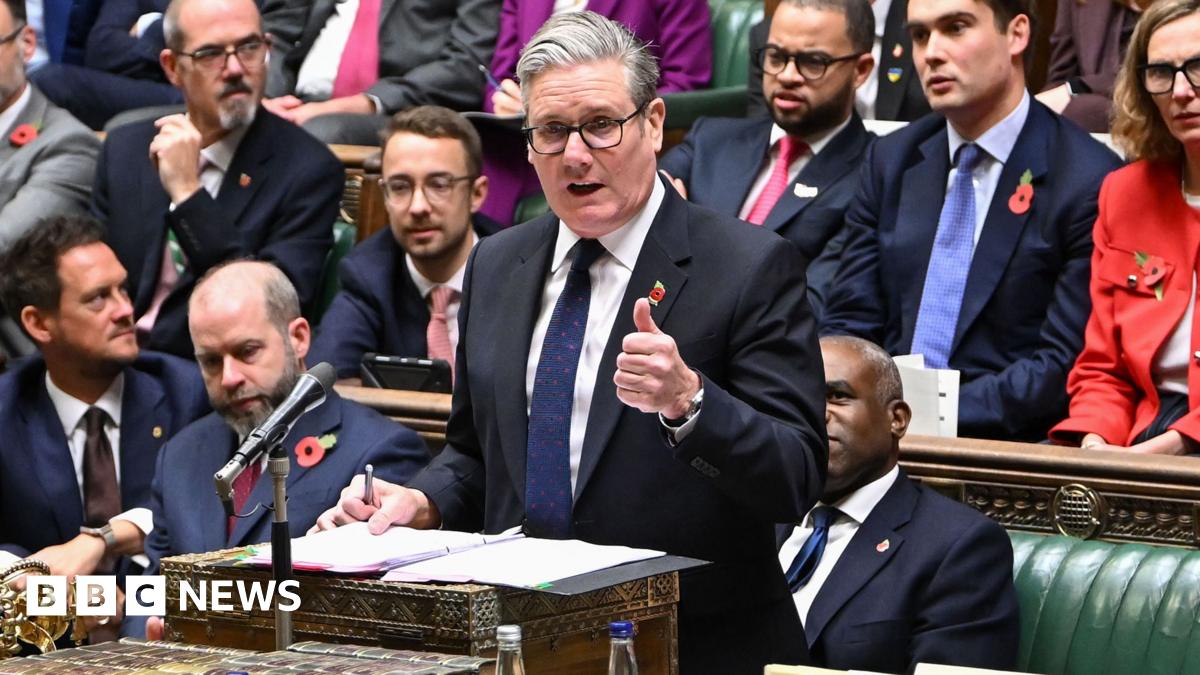Labour’s 2024 election manifesto pledged not to raise the basic, higher, or additional rates of income tax, or National Insurance – prompting a row last autumn when it announced a hike in the contributions paid by employers.
It also promised not to raise Value Added Tax (VAT), a sales tax, although the manifesto did not specify whether this applied to the rates, or which products are subject to the charge.
The chancellor has not ruled out continuing to freeze income tax thresholds beyond the 2028 date fixed by the last government, allowing more people to be dragged into higher bands as their wages rise over time.
The manifesto pledges not to raise these taxes – the biggest revenue-raising options available to the Treasury – has considerably reduced Reeves’s room for manoeuvre ahead of the 26 November Budget.
Some senior Labour figures are privately suggesting to Reeves that now is the time in the Parliament to make the case for putting up income tax.
They argue it is still years until the general election, it could raise a lot of money and, unlike more targeted tax rises such as last year’s changes to inheritance tax on farmland, would not create a single noisy lobby group in opposition.
But the idea leaves other Labour figures deeply nervous because it would amount to a spectacular breach of their pre-election promise, which ministers have repeated many times since.
Some also worry it could depress the economy further at a time of weak economic growth.
